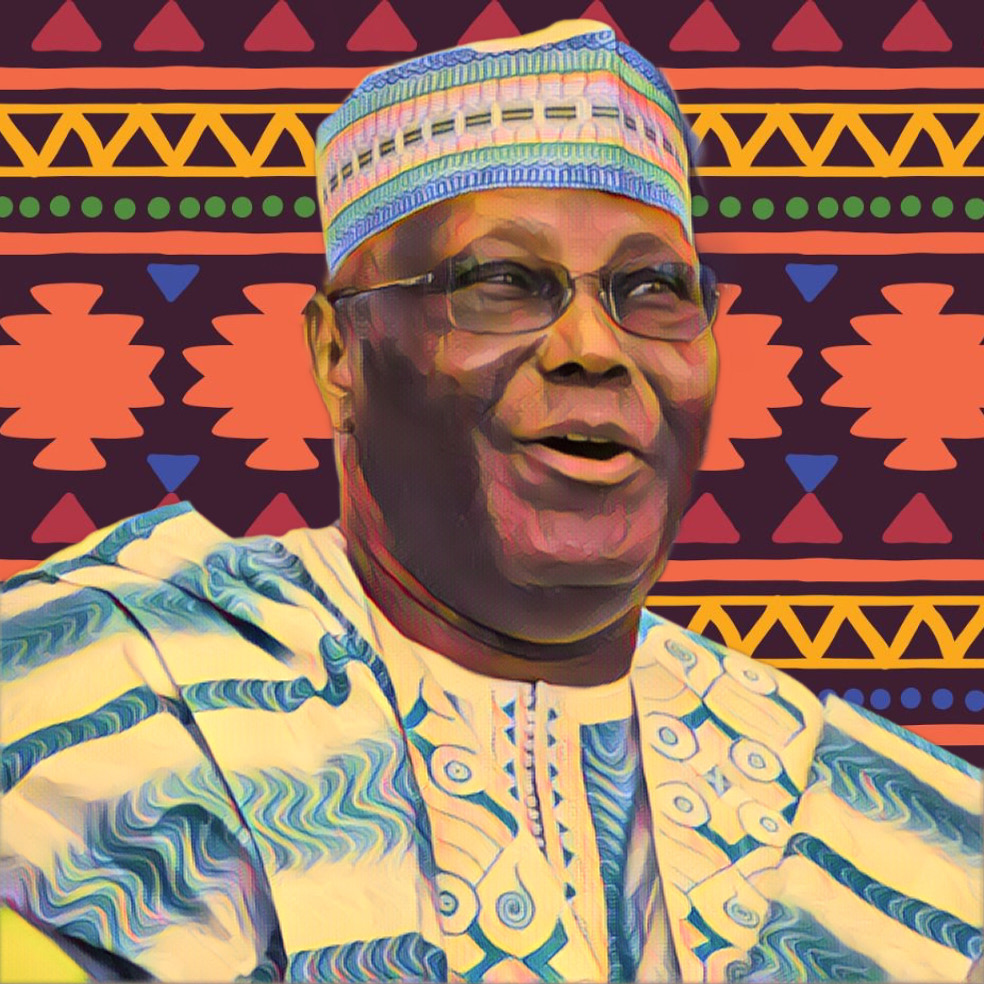Atiku Abubakar, the former Vice President, strongly criticized the Nigerian federal government’s decision to enforce an age limit for admission to tertiary institutions. The policy requires candidates to be at least 18 years old to gain entry into universities, and it has sparked significant controversy and debate across the country. Atiku voiced his concerns in a statement, describing the policy as misguided and detrimental to education.
He took to social media to express his disapproval, likening President Bola Tinubu’s government to a “sailor lost on high seas.” Atiku argued that the new policy reflects a lack of direction and understanding of the country’s educational needs. He stressed that setting an age limit for university admissions is not only counterproductive but also discourages academic excellence and intellectual growth.
The age restriction policy was introduced by the Minister of Education, Tahir Mamman, who announced that candidates under 18 years old would no longer be eligible for admission into universities. The minister explained that the decision aligns with the 6-3-3-4 education system, which divides a student’s education into stages: six years of primary school, three years of junior secondary, three years of senior secondary, and four years of tertiary education. Mamman emphasized that the minimum age for university entry should be 18, arguing that younger students are often not mature enough to handle the challenges of university life.
Mamman stated, “The minimum age of entry into the university is 18. But we have seen students who are 15, 16 years old going in for the entrance examination.” He added that the pressure from parents often pushes these young students to seek early admission, which might not be in their best interest. “Parents should be encouraged not to push their wards too much,” Mamman said, suggesting that the young age of some candidates affects their ability to fully grasp the responsibilities and independence required at the university level.
He further explained that the transition from a controlled environment, such as a high school, to the relatively unstructured environment of a university requires a level of maturity that younger students may lack. “If they are too young, they won’t be able to manage properly. I think that is part of what we are seeing in the universities today,” Mamman noted, implying that immaturity among younger university students could lead to challenges both academically and socially.
Atiku, however, sees the policy differently. He argued that the decision to impose an age limit on university admissions is an overreach of federal authority and goes against the principles of a federal system of government. “The policy runs foul of the notion of delineation of responsibilities in a federal system of government such as we are practicing,” Atiku said, criticizing the policy as an unnecessary regulation that hinders educational progress.
He further stated that education is listed on the concurrent legislative list in Nigeria’s constitution, which means that both federal and state governments have the authority to make laws regarding education. Atiku argued that the federal government’s decision to impose this restriction resembles an authoritarian decree rather than a democratic policy. “It gives a graphic impression of how the Tinubu government behaves like a lost sailor on a high sea,” he added, emphasizing his view that the policy lacks both clarity and purpose.
Atiku also highlighted that the policy could undermine the development of talented young individuals. He expressed disappointment that the government did not consider provisions for exceptionally gifted students who might be ready for university education before the age of 18. “It is discouraging that even while announcing this obnoxious policy, the government inadvertently said it had no plan to cater to specially gifted pupils,” he said. He believes that the government should be fostering talent and providing scholarships to deserving students, regardless of their age.
“The irony here is that should the federal government play any role in education, it is to set up mechanisms that will identify and grant scholarships to gifted students not minding their ages before applying for admission into tertiary institutions,” Atiku argued. He stressed that the policy should be designed to support, rather than hinder, those with exceptional academic abilities.


